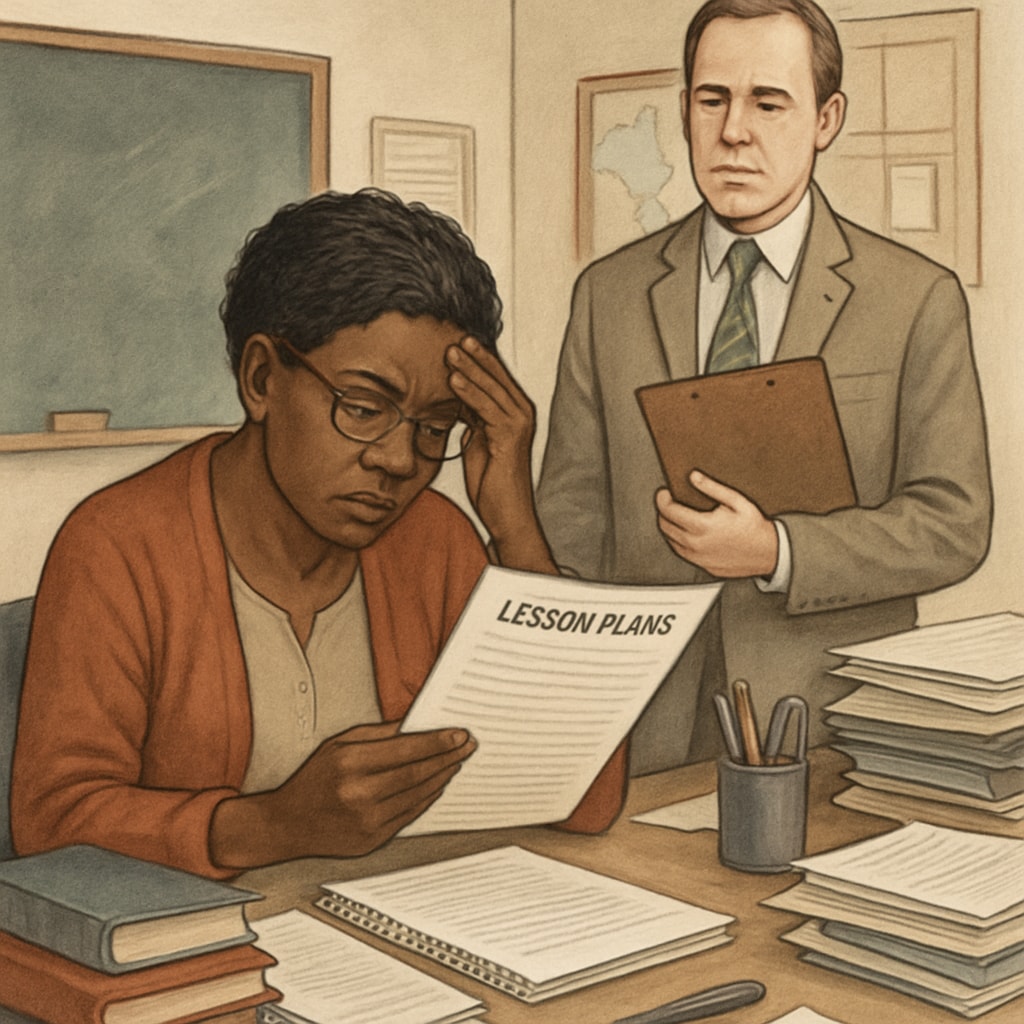Academic leadership conflicts, educational philosophy clashes, and teacher experiences often collide in under-resourced schools. This case study follows Ms. Johnson, a veteran educator who found purpose teaching at a predominantly Black Chicago South Side high school. Her commitment faced its greatest test when the district appointed a new academic supervisor with no classroom experience.

The Clash of Pedagogical Visions
Ms. Johnson’s research-backed approach emphasized culturally responsive teaching (a method connecting lessons to students’ cultural backgrounds). However, her new supervisor mandated rigid test-prep protocols from a corporate education reform playbook. Key divergences included:
- Student-centered learning vs. standardized curriculum enforcement
- Trauma-informed practices vs. punitive discipline policies
- Community partnership building vs. top-down decision making
According to research from the University of Washington, such leadership mismatches account for 38% of urban teacher attrition.
Systemic Failures in Administrator Training
Unlike teaching credentials requiring practicum hours, many districts hire academic leaders based solely on administrative qualifications. This creates what Harvard’s Graduate School of Education calls “the expertise inversion”: leaders dictating classroom practices they’ve never implemented.

The consequences ripple through schools:
- Demoralized educators leaving the profession
- Ineffective policies worsening achievement gaps
- Students losing trusted mentors
Transitional insight: While Ms. Johnson ultimately transferred schools, her story underscores the urgent need for leadership reforms. Schools require administrators with both management skills and substantive teaching expertise.


